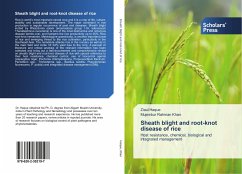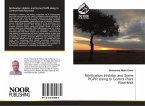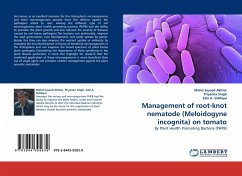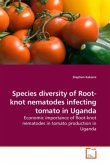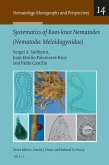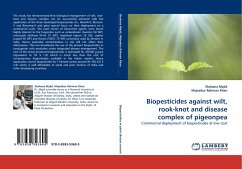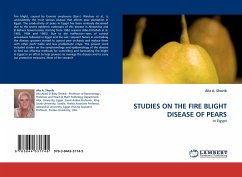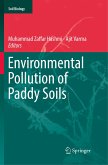Rice is world's most important cereal crop and it is a crop of life, culture, stability and sustainable development. The major constraint in rice production is regular occurrence of pest and diseases. Sheath blight incited by Rhizoctonia solani (anamostosis group 1-IA, teleomorph Thanatephorus cucumeris) is one of the most destructive and notorious disease worlds over, and hampers the rice productivity up to 30%. Rice root-knot nematode, Meloidogyne graminicola, is another important pest of rice and emerging threat to the rice cultivation, particularly in the Southeast Asia. The nematode attacks rice in the nursery as well as in the main field and incite 16-32% yield loss to the crop. A perusal of literature and critical analysis of the relevant information has been collected and bring out a well-documented and comprehensive review on sheath blight and root-knot disease of rice with special reference to their host resistance, chemical control, use of biocontrol agents (Aspergillus niger, Pochonia chlamydosporia, Purpureocillium lilacinum, Penicillium spp., Trichoderma spp., Bacillus subtilis, Pseudomonas fluorescens, P. putida) and integrated disease management (IDM).
Bitte wählen Sie Ihr Anliegen aus.
Rechnungen
Retourenschein anfordern
Bestellstatus
Storno

